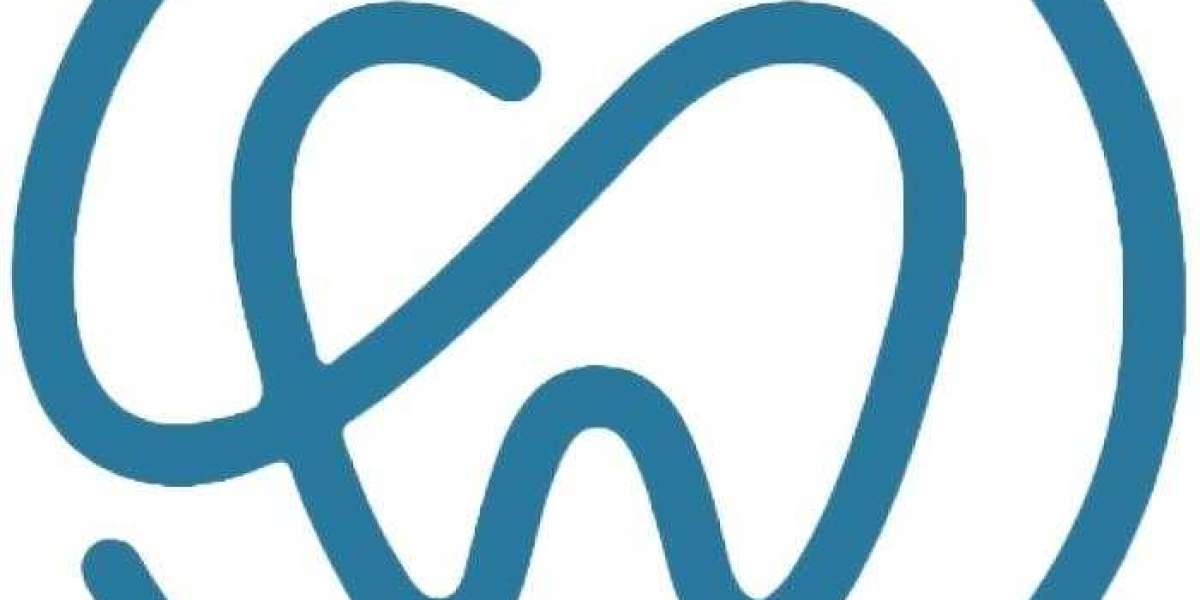Studying mbbs in Iran has become increasingly attractive to international students, including those from India and neighboring countries. Iran’s medical universities are recognized globally, offering high-quality medical education, affordable tuition fees, and a unique cultural experience. In this article, we’ll explore the advantages of studying MBBS in Iran, the admission process, eligibility criteria, living costs, and more to help you make an informed choice.
Why Choose Iran for MBBS?
Iran is home to several reputable medical universities such as Tehran University of Medical Sciences, Shiraz University of Medical Sciences, and Isfahan University of Medical Sciences. These institutions have earned a reputation for their rigorous academic standards, modern facilities, and experienced faculty. Medical education in Iran is recognized by the World Health Organization (WHO) and several other global accrediting bodies, making Iranian medical degrees well-regarded internationally.
Here are some of the key reasons why students choose Iran for their MBBS studies:
Affordable Tuition Fees: Tuition fees in Iran are significantly lower than in many Western countries and other popular destinations for medical education. On average, MBBS tuition fees in Iran range from $4,000 to $7,000 per year, making it a cost-effective option.
Globally Recognized Degrees: Iranian medical degrees are accredited by the WHO and are included in the International Medical Education Directory (IMED), enabling graduates to pursue careers worldwide.
High Academic Standards: Iranian universities are known for their research-oriented approach and rigorous curriculum. The academic framework ensures that students receive a thorough understanding of medical sciences combined with practical skills.
Rich Clinical Exposure: Medical programs in Iran are structured to provide students with hands-on experience through clinical rotations in affiliated hospitals. This prepares students to handle real-world medical situations confidently.
Unique Cultural Experience: Studying in Iran allows students to experience a blend of ancient and modern culture. Iran is known for its welcoming people, beautiful landscapes, and rich history, providing an enriching experience for students.
MBBS Program Structure in Iran
The MBBS program in Iran typically spans six years and includes a combination of theoretical learning, practical training, and clinical rotations. The program is designed to give students a well-rounded medical education. Here’s a breakdown of the program structure:
Pre-Clinical Phase (Years 1-2): The first two years of the MBBS curriculum focus on foundational sciences, including subjects like Anatomy, Biochemistry, Physiology, and Medical Ethics. These courses give students a strong grounding in the essential sciences.
Para-Clinical Phase (Years 3-4): During this phase, students study Pathology, Pharmacology, Microbiology, and Community Medicine. This stage bridges the gap between theoretical knowledge and clinical application, preparing students for hands-on patient care.
Clinical Phase (Years 5-6): The final two years involve extensive clinical training, where students undergo rotations in different departments such as Internal Medicine, Surgery, Pediatrics, Obstetrics Gynecology, and Psychiatry. The sixth year is typically an internship, where students gain supervised clinical experience in hospitals.
Admission Process and Eligibility Criteria
The admission process for MBBS in Iran is fairly straightforward, but it is essential to ensure you meet the eligibility criteria and have all necessary documentation. Below is an outline of the typical steps:
Eligibility:
- Completion of high school education with a focus on science subjects (Biology, Chemistry, and Physics) is mandatory.
- A qualifying score in the NEET exam is required for Indian students to be eligible for admission in Iran.
Required Documents:
- Academic transcripts and certificates
- Valid passport
- Passport-sized photographs
- Medical fitness certificate
- English proficiency certificate (for non-native speakers, if required by the university)
Application Process:
- Fill out the application form on the university’s website.
- Submit the required documents online or by mail.
- Pay the application fee, if applicable.
- Await an offer letter or admission confirmation from the university.
Visa Application:
- Once you receive the admission offer, apply for a student visa at the Iranian Embassy in your home country.
- Submit required documents such as the admission letter, passport, and proof of financial capability.
Tuition Fees and Living Costs
Studying MBBS in Iran is affordable compared to many other countries. Here’s an overview of the expenses:
Tuition Fees:
- On average, tuition fees for MBBS in Iran range from $4,000 to $7,000 per year. This makes it a cost-effective option for medical education.
Cost of Living:
- Living costs in Iran are also relatively low. Students can expect to spend around $300 to $500 per month on accommodation, food, transportation, and other expenses.
Scholarships and Financial Aid:
- Several universities in Iran offer scholarships for international students based on academic performance or financial need. Interested students should inquire with the university’s financial aid office.
Medium of Instruction
Most Iranian universities offer MBBS programs in English, which is beneficial for international students. However, basic proficiency in Persian (Farsi) may be encouraged, especially for clinical training, as students interact with local patients during hospital rotations.
Career Opportunities for Graduates
Graduates of MBBS programs in Iran have diverse career opportunities and the credentials to pursue further studies or work in different countries. Iranian medical degrees are recognized by WHO, and graduates are eligible to take international licensing exams like the USMLE (for the USA), PLAB (for the UK), and FMGE (for practicing in India).
Some career paths for MBBS graduates from Iran include:
Medical Practice: Graduates can apply for residency programs in countries where Iranian degrees are recognized.
Postgraduate Studies: Iranian universities offer postgraduate programs for further specialization, or students can apply to universities abroad.
Research Opportunities: Iran is known for its emphasis on medical research. Graduates interested in research can pursue opportunities in academic and research institutions in Iran or internationally.
Public Health and Medical Administration: Many MBBS graduates work in healthcare management or join international health organizations focused on global health.
Student Life and Cultural Experience
Living in Iran offers students a unique cultural experience. Known for its rich history, diverse landscapes, and architectural marvels, Iran is a vibrant country that offers a mix of ancient traditions and modernity. Students have the opportunity to explore Iranian culture, participate in local festivals, and visit historical sites.
Universities in Iran often have facilities to support international students, including on-campus hostels, language classes, and cultural programs. Student life is generally balanced, with various extracurricular activities, clubs, and societies that encourage students to connect and socialize.
Advantages of Studying MBBS in Iran
Affordability: Low tuition fees and affordable living costs make Iran a financially viable option for medical studies.
High-Quality Education: Iranian universities are equipped with modern labs and clinical facilities, providing students with top-notch medical education.
Global Recognition: Medical degrees from Iran are recognized by WHO and allow students to pursue careers internationally.
Clinical Exposure: Students gain practical experience through internships and clinical rotations in hospitals.
Cultural Immersion: Studying in Iran offers a unique cultural experience, with students having the opportunity to learn about Iranian traditions, language, and lifestyle.
Conclusion
Studying MBBS in Iran is an excellent choice for students looking for quality education at an affordable cost. With reputable universities, globally recognized degrees, and a focus on practical training, Iran offers an enriching academic experience for medical students. Additionally, the country’s unique cultural landscape provides students with a memorable experience that extends beyond academics. For those looking to pursue a career in medicine without the financial strain of studying in Western countries, Iran presents a promising pathway.













